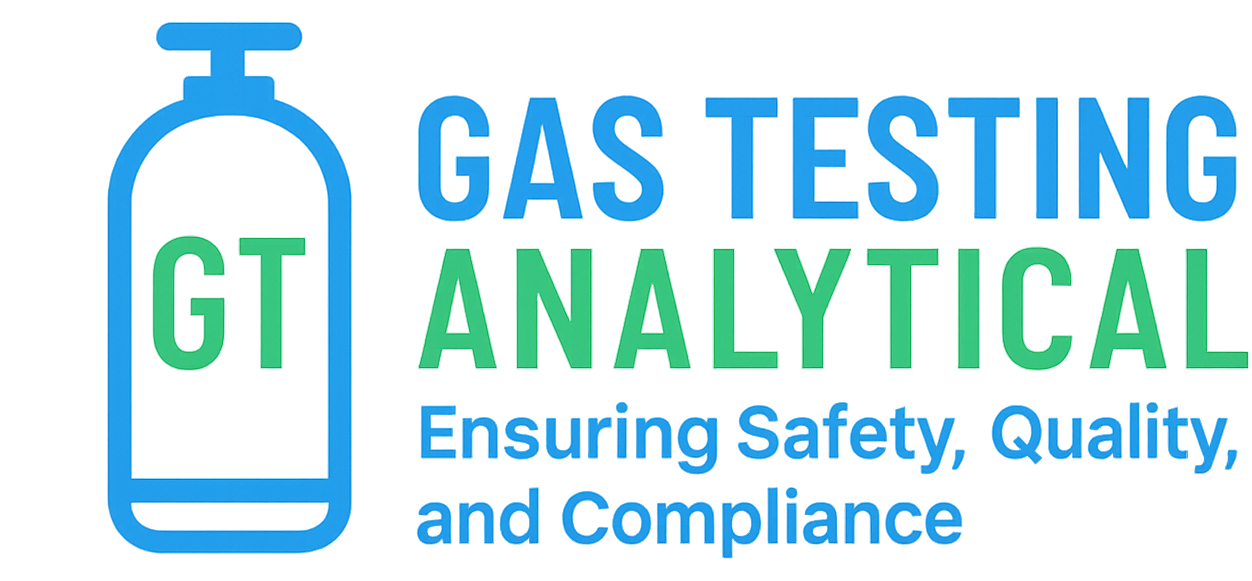Wet chemistry refers to traditional analytical techniques involving chemical reactions in the liquid phase, often used as reference methods or for secondary validation of instrumental results. These methods are especially useful for determining carbon dioxide (CO₂), carbon monoxide (CO), nitric oxide (NO), and sulfide content in gases.
Common Wet Methods:
- Limewater turbidity for CO₂
- Iodometric titration for oxidizing agents
- Colorimetric or volumetric methods for sulfur compounds
- Lead acetate and potassium permanganate absorptions
Applications:
- Secondary confirmation of gas purity
- Legacy method support for regulatory documentation
- Troubleshooting anomalies flagged in instrumental analysis


